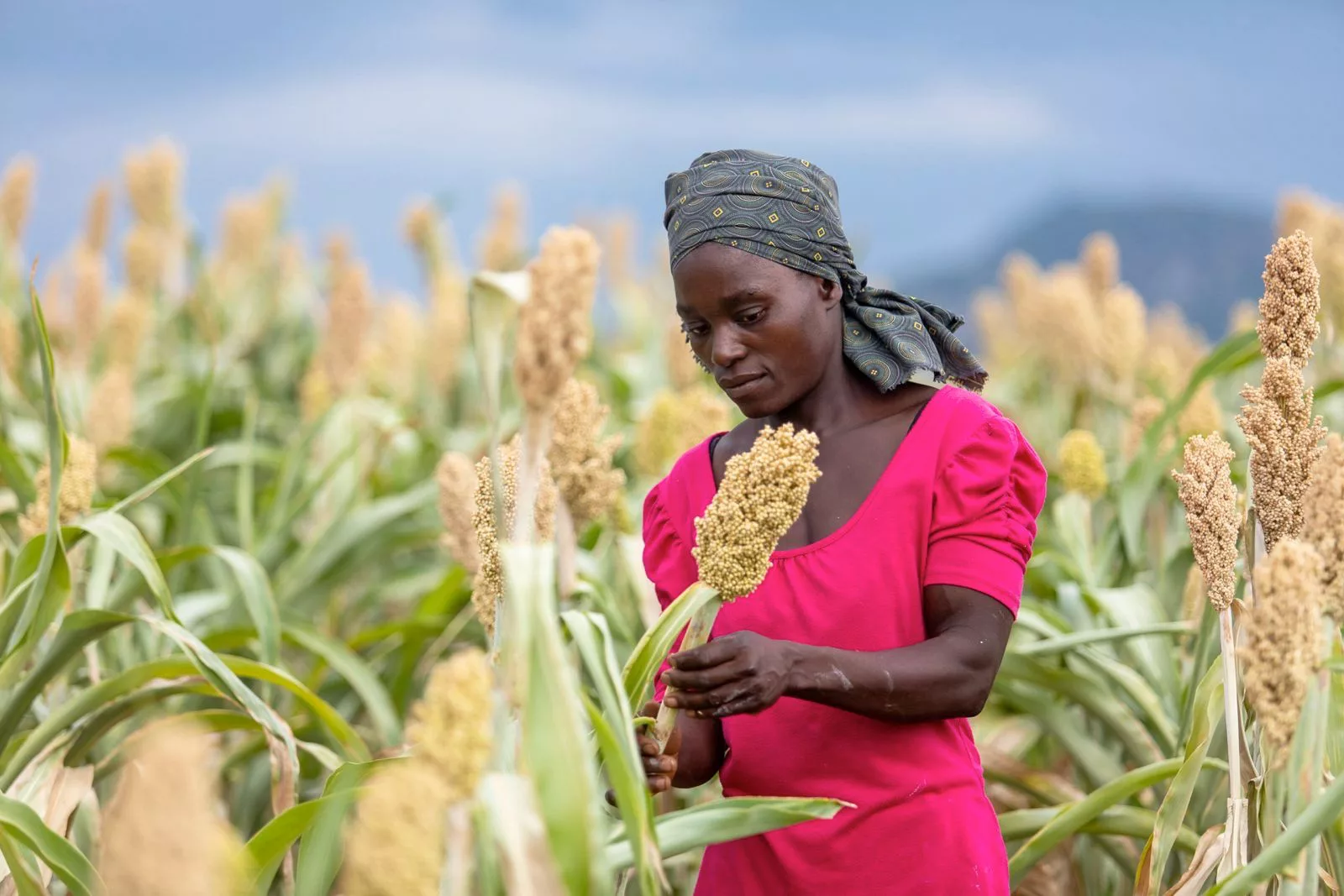|
Getting your Trinity Audio player ready...
|
A workshop by various stakeholders in the agricultural value chain has brought to the fore the benefits and regulation architecture of biopesticides.
The workshop is being held in Harare from 24 to 26 October 2023 under the auspices of the Southern Africa Biopesticides Project titled, Enhancing Trade Through Regulatory Harmonisation and Biopesticide Based Residue Mitigation in the SADC Region. The project is being supported by the International Centre for Genetic Engineering and Biotechnology (ICGEB) and the Standards and Trade Development Facility (STDF).
Shumirai Muhera from the Ministry of Lands, Agriculture, Fisheries, Water and Rural Development’s Department of Research and Specialists Services said bio-pesticides are formulations made from naturally occurring substances that control pests by non-toxic mechanisms and in an eco-friendly manner substances that are used to control pests.
They can be derived from animals, plants, and microorganisms. These are generally less toxic to the user and are non-target organisms, making them desirable and sustainable tools for pest management.
There are microbial pesticides; plant incorporated protectants (PIPs); biochemical pesticides; botanical pesticides; and biotic agents (parasitoids and predators).
Muhera said there are important aspects considered before Bio-pesticides registration.
“To consider registration we look at the effects of biopesticides on human health (Ministry of Health). For effects on the environment, the National Biotechnology Authority (NBA) is involved whereas for efficacy, FFRI, PPRI, TRB, and research Institutions are the regulators,” she added.
The legislation states that only registered bio-pesticides should be used. On the other hand, only registered companies (and not individuals) are allowed to import, sell, or export pesticides; whose core business should be that of distribution of pesticides and not retailing. Only holders of at least a Diploma in Agriculture or other relevant qualifications are allowed to deal in pesticides.
The advantages of registered pesticides are that they are efficacious; give value for money; have clear instructions and clear safety procedures; and have reduced impact on the environment and human health.
All pesticides sold in Zimbabwe must be on a Zimbabwean label that has been approved by the Pesticides Registrar. It is one of the most important documents in the pesticide registration scheme.
Carl Mateta from the National Institute of Health Research in the Ministry of Health and Child Care said pesticides are very valuable in agricultural production.
“However, their excessive, inappropriate use poses direct or indirect hazards to human health, i.e. liver, organ damage, carcinogenicity or death. This can be due to excessive application, poor storage, accidental poisoning (AP), or deliberate self-poisoning (DSP).
“Pesticide poisoning has been identified as a major cause of morbidity and mortality. There is a need for controlled use of pesticides directly applicable to health. As a department, we conduct testing for efficacy of all pesticides used in malaria control,” Mateta said.
Exposure to these residual pesticides can pose a health hazard and the risk is relative to the magnitude and duration of exposure.
Food and water are major sources of exposure to pesticide residues (Damalas & Eleftherohorinos, 2011), leading to chronic exposure. Cases of occupational exposure are well documented in Zimbabwe, but there are little to no records of the level of human exposure to residual pesticides in food.
To justify regulation, Zimbabwe appears to be on course towards restoring its status as a regional and even global agricultural hub. While productivity and yields are certainly on the increase, poor agricultural practices are hampering markets and are potential hazards to human health.
The excessive use of pesticides and failure to adhere to good agricultural practices (GAP), result in higher levels of residual pesticides and subsequent exposure of the population/consumer to harmful chemicals. The monitoring system for residual pesticides and horticultural crops for usage in Zimbabwe is not being done. Therefore, the amount of pesticide residue being ingested by the consumer is not known.
Sithembile Sithole, the Sales and Technical Manager of Citchem Biological Range alluded to some demerits of biopesticides.
“Owing to the specificity of the action, microbes may control only a portion of the pests present in a field and may not control other types of pests present in treated areas, which can cause continuous damage. As heat, UV light, and desiccation reduce the efficacy of microbial pesticides, the delivery systems become an important factor.
“Special formulations and storage procedures are necessary. Shelf life is a constraint, given the short life of biopesticides. Given their pest specificity, markets are limited. The development, registration, and production costs cannot be spread over a wide range of pest control sales; for example, insect viruses are not widely available,” she added.
Dr. Dennis Ndolo, the Project Manager & Group Leader of ICGEB Biopesticides Group said pesticide residues are primarily determined by the last application. Therefore, he said the strategic use of non-residue-producing biopesticides at the point of late-season pest control would reduce residue levels and hence enhance compliance with maximum residue limits (MRL standards) in food and animal feedstuff and promote trade.






